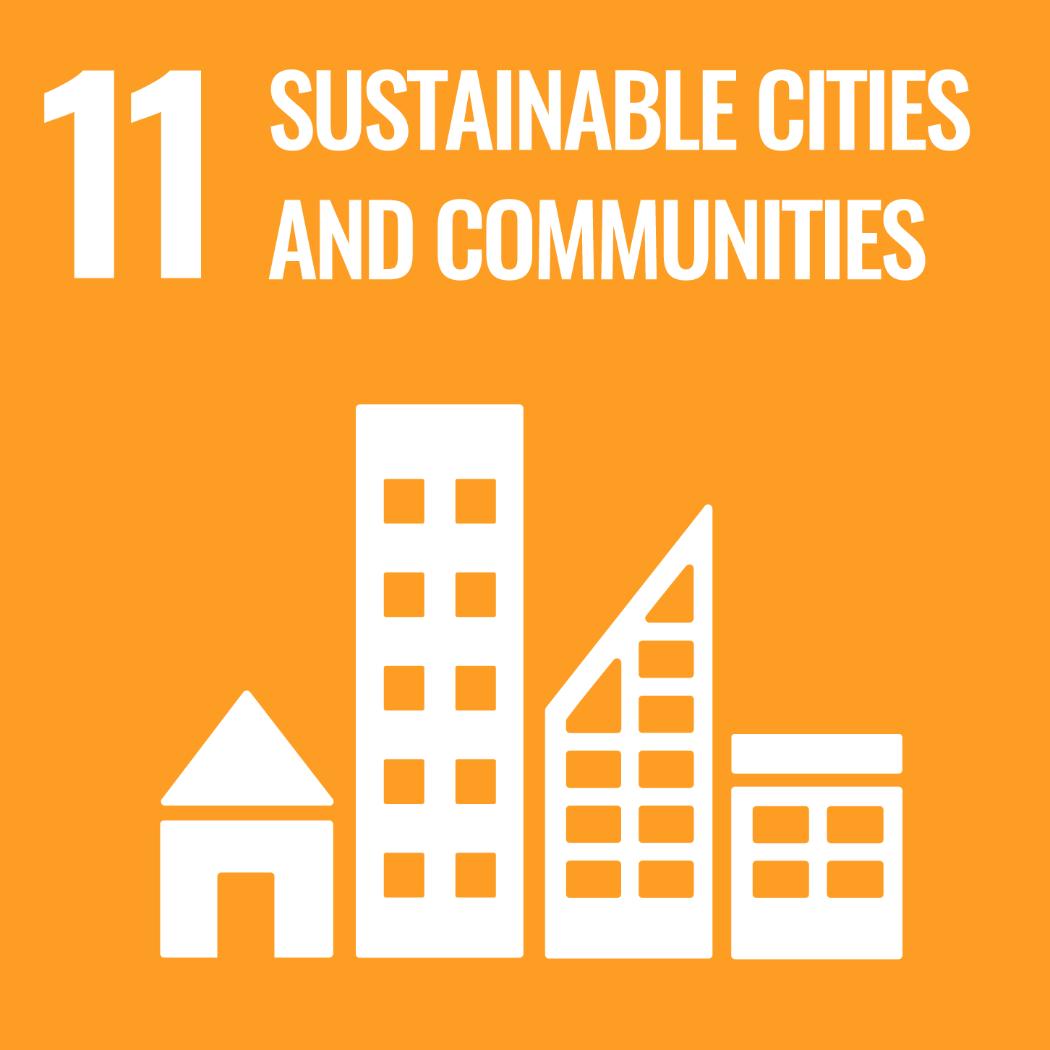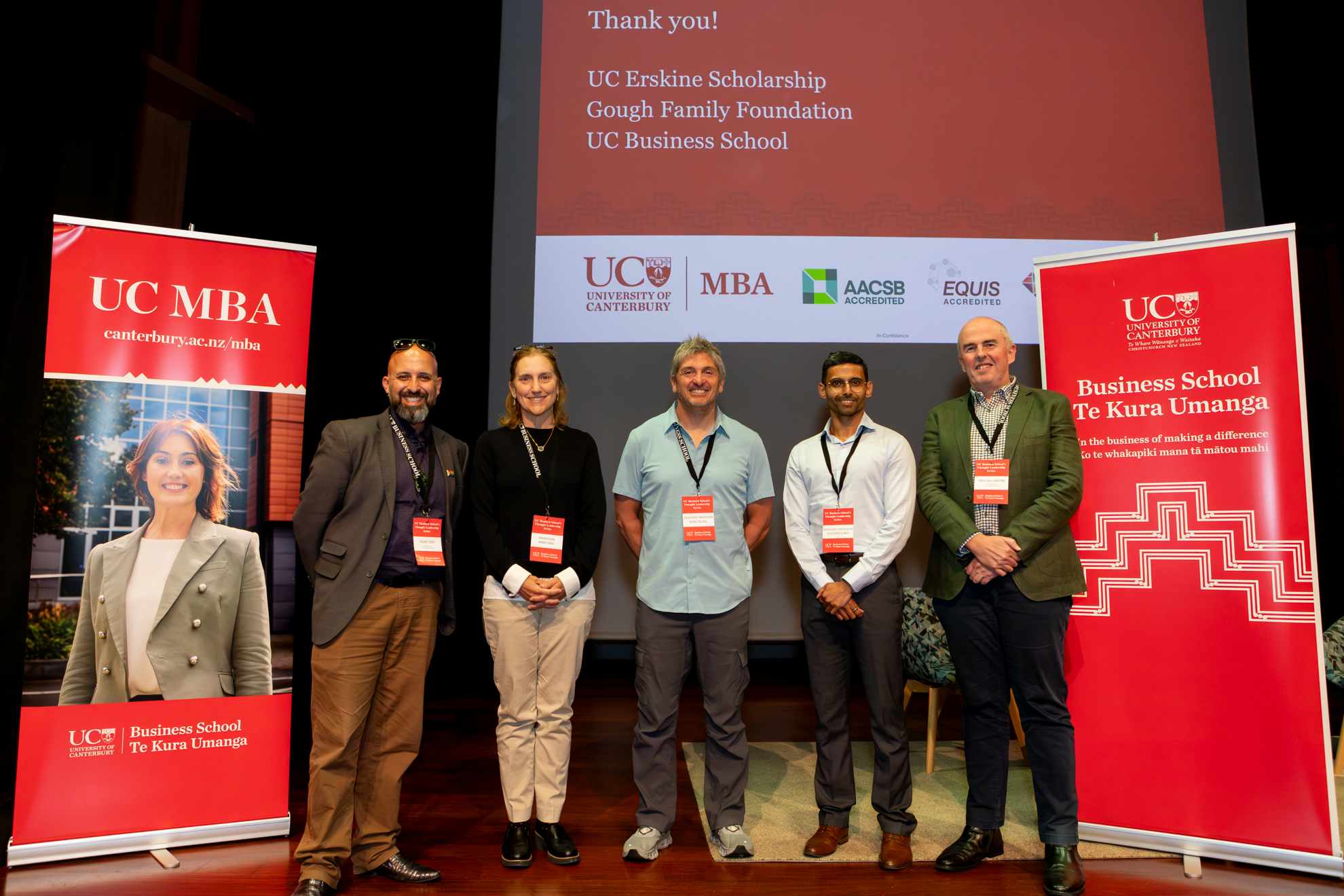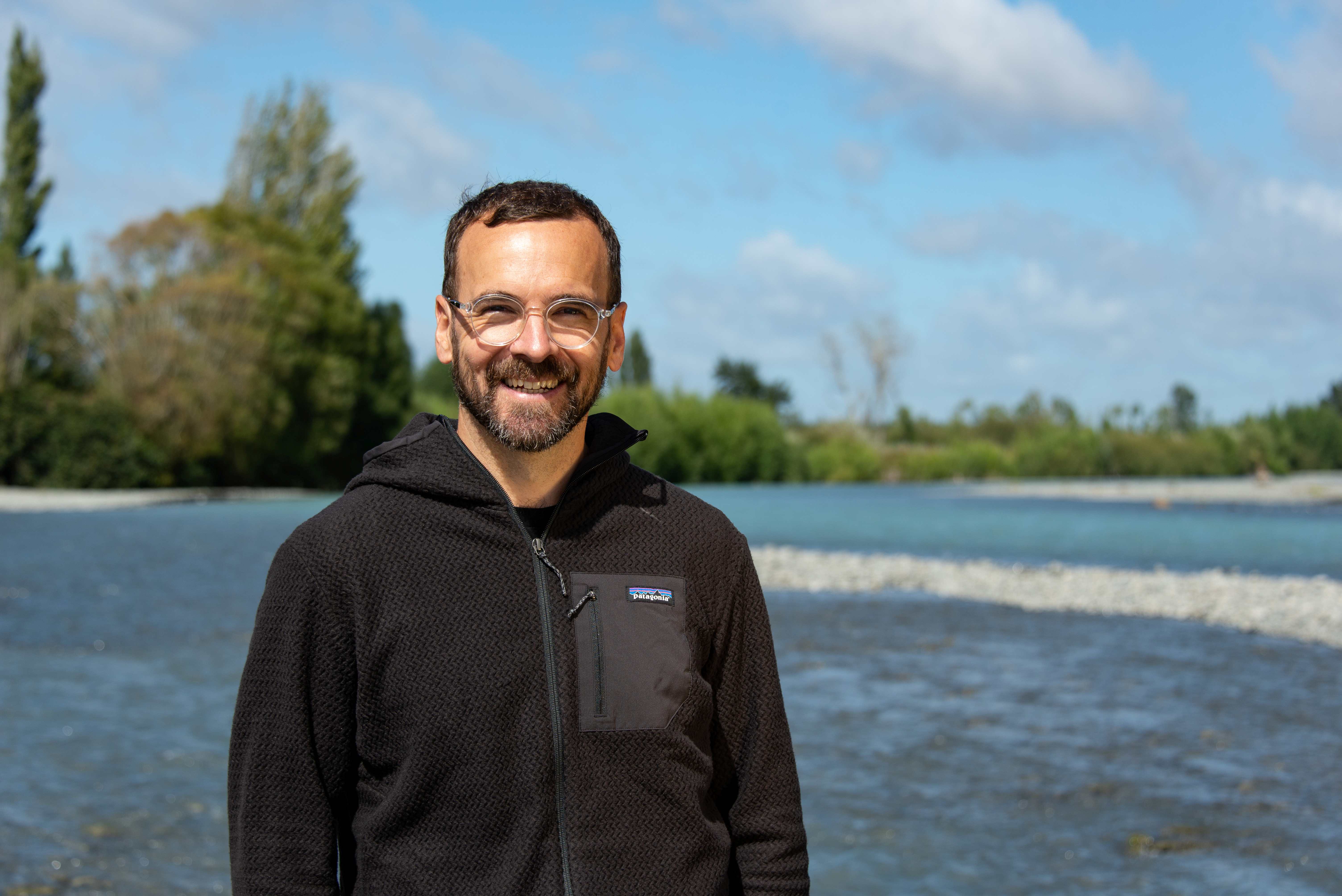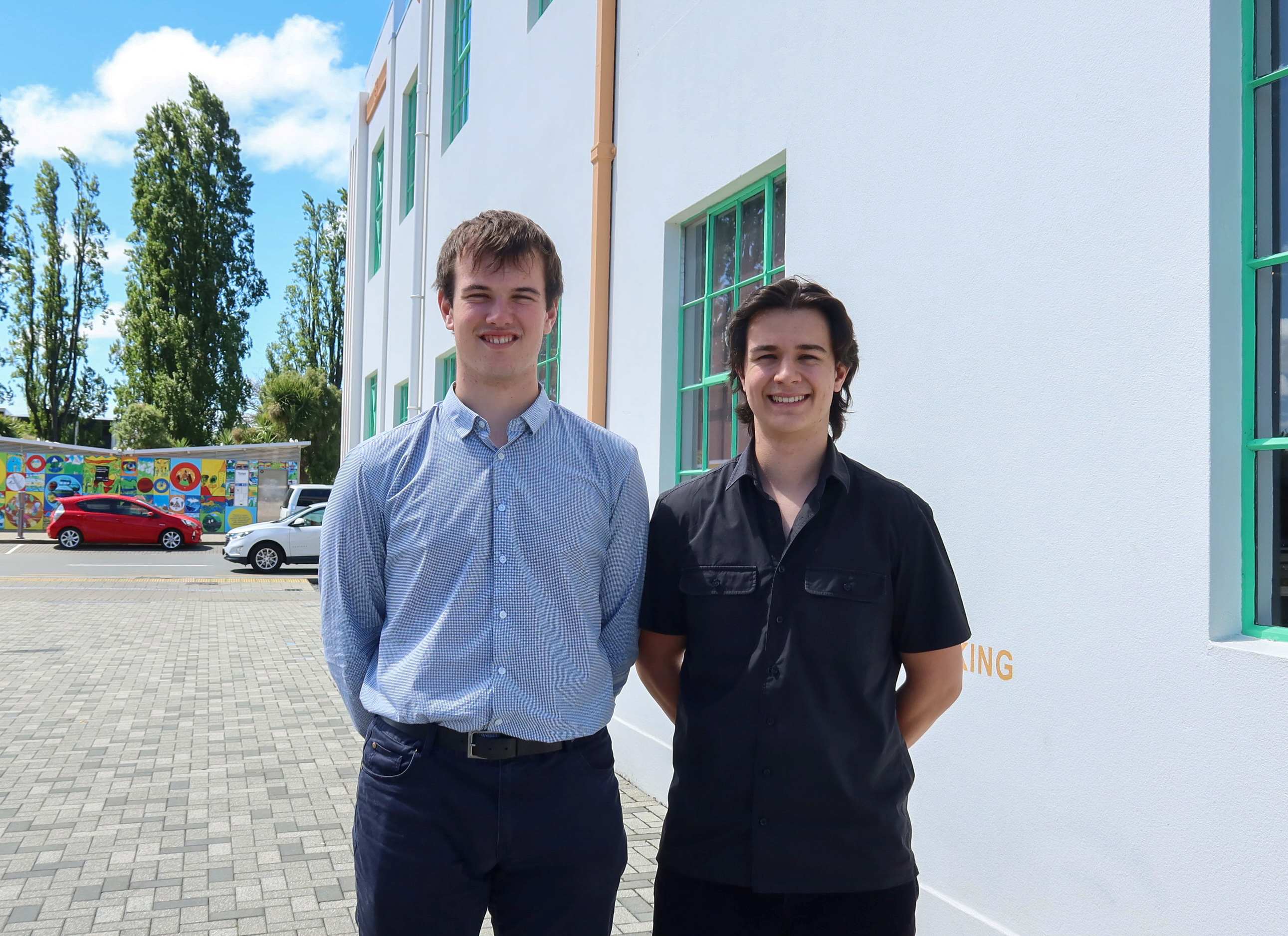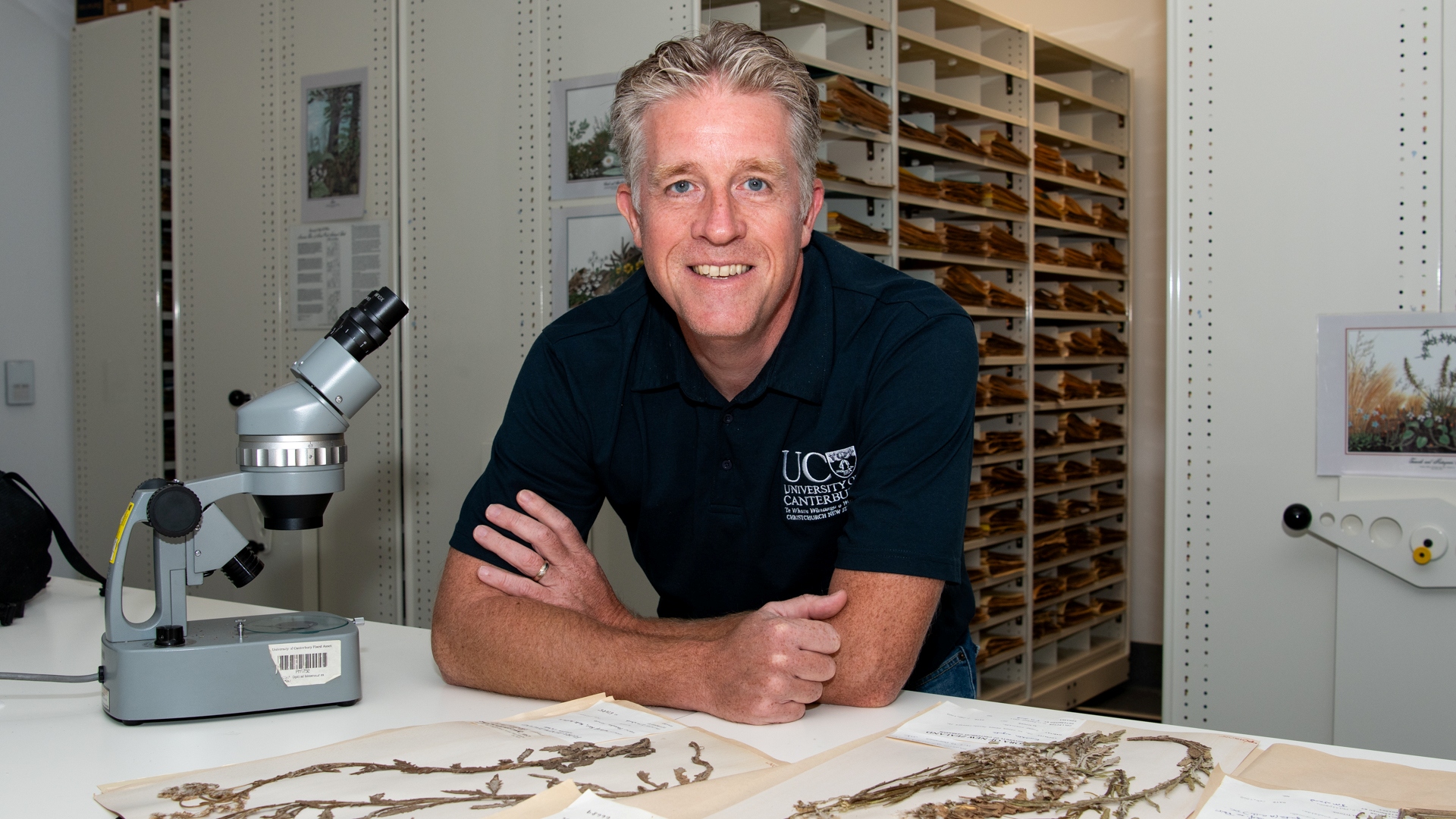Te Whare Wānanga o Waitaha | University of Canterbury (UC) is in the top 100 out of about 2,000 tertiary institutions worldwide, retaining its strong position among the world’s most sustainable institutions in the QS World University Rankings: Sustainability 2026, released last night.
UC placed in the top 50 globally for overall Environmental Impact, in the top 30 for Environmental Education and in the top 70 for Impact of Education, demonstrating a strong commitment to education that prepares graduates to make a difference and contribute to a more sustainable world.
Tumu Tuarua Rangahau | Deputy Vice-Chancellor Research and Innovation Professor Lucy Johnston says the latest QS rankings reflect a shared commitment across the UC community. “This recognition belongs to our staff, students and partners whose dedication, innovative work and collaborative approach make real-world change possible. We’re proud of how far we’ve come, and we’re committed to going further in contributing to a just, sustainable future for all,” she says.
UC offers an extensive range of sustainability degrees across Engineering, Science, Arts, Forestry and Education. Postgraduate study options include programmes in Disaster Risk and Resilience, Urban Resilience and Renewal, and a new Sustainable Futures and Innovation programme launching in 2026.
Key research centres including Gateway Antarctica, The Institute of Law, Emergencies and Disasters (LEAD), and the Child Well-being Research Institute bring world-leading researchers together to drive research that makes a difference.
UC’s commitment to sustainability extends beyond research labs and lecture theatres. The University actively partners with communities and industry to support climate change initiatives with real-world impact, from major research collaborations to hands-on student placements.
Through Tuihono UC | UC Online, UC has partnered with Christchurch City Council to offer a free short course on climate change and adaptation beginning February 2026, helping communities build knowledge and resilience.
This year, UC co-hosted the eighth international Adaptation Futures Conference (AF2025), the flagship event of the United Nations World Adaptation Science Programme (WASP). The conference brought together around 2,000 scholars, scientists, policymakers and Indigenous leaders from around the world to accelerate action and innovation that protects communities, economies and ecosystems from climate impacts.
UC also achieved strong results in the Times Higher Education Global Impact Rankings earlier this year, UC is ranked in the top 20 in the world for Sustainable Cities and Communities (SDG 11) and top 30 for Responsible Consumption and Production (SDG 12).
